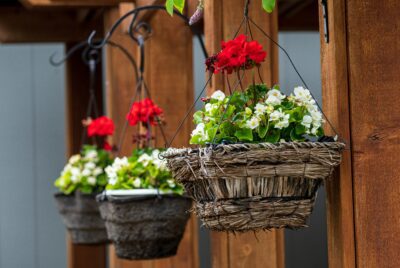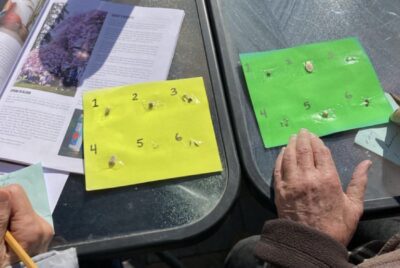RESEARCH
Therapeutic Garden Design and Veterans Affairs: Preparing for Future Needs
Summary
This article discusses the implementation of therapeutic horticulture programs at Veterans Affairs (VA) facilities, focusing on a case study at the Miami VA Medical Center. The study does not employ traditional research methods but rather describes the development and outcomes of various gardening programs.
The Miami VA established four distinct therapeutic gardens totaling about a quarter acre, including a viewing garden, Hope Garden, Kitchen Garden, and North Shade Garden. The facility implemented different program formats tailored to specific patient populations. For nursing home residents, a full-time garden club was created, offering activities like raised bed gardening, cooking with homegrown foods, and plant sales. Vocational rehabilitation patients engaged in paid work experiences in horticulture, assisting with plant care and groundskeeping for up to six months. Psychiatric rehabilitation groups participated in clinical format sessions, focusing on wellness, self-awareness, and skill development through activities such as plant propagation and garden visits. The programs resulted in various benefits for participants, including improved social interaction, skill development, and opportunities for self-expression and community engagement.







